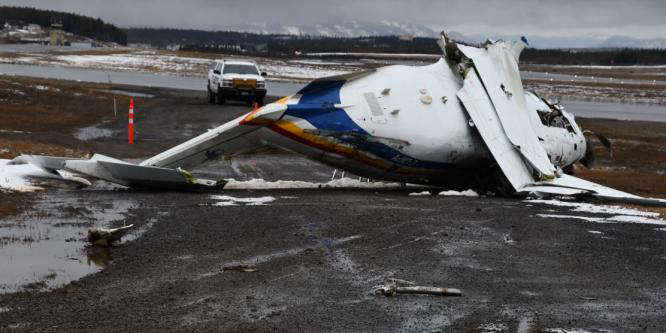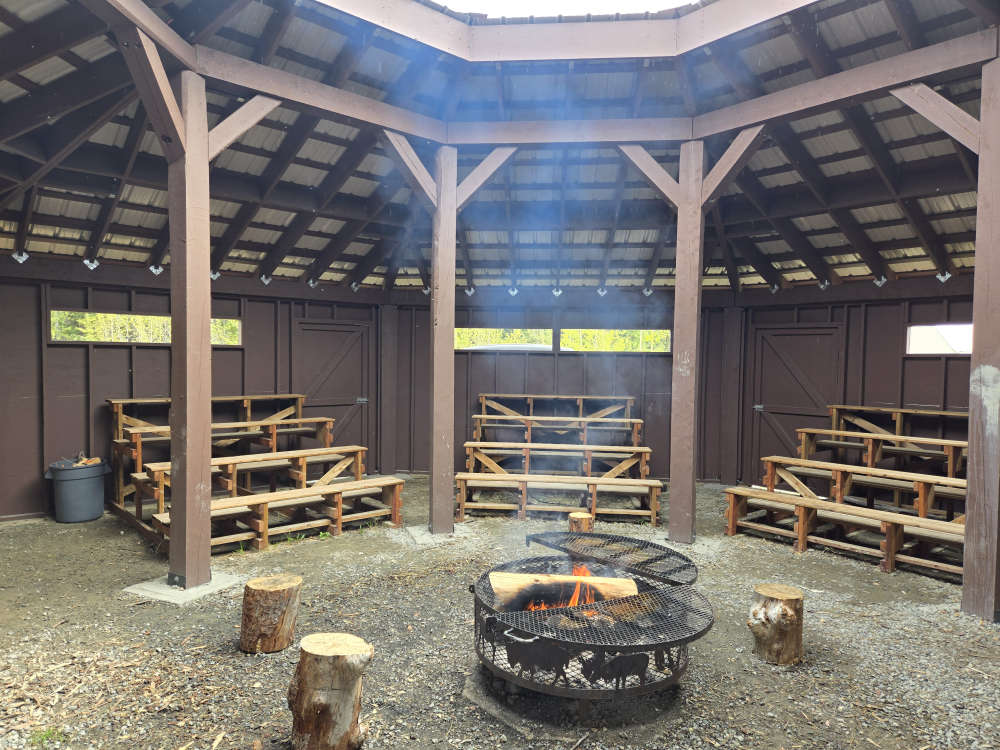
The study was published in Nature Climate Change Journal last week, and it aimed to settle whether the unusually cold August was linked with melting Arctic ice.
Study
According to a new study, the unusually cold August weather that the Yukon and northern British Columbia has been facing is largely caused by a massive atmospheric shift.
The study was published in Nature Climate Change Journal last week, and it aimed to settle whether the unusually cold August was linked with melting Arctic ice.
Previous theories suspected sea-ice loss was contributing to the cold weather as areas of ice-free water increased. As more ice-free water appeared in northern latitudes and was losing heat to the atmosphere, theories argued that it could lead to temperature changes.
However, the science behind that theory didn't quite add up, and therefore the study looked for alternative reasons.
The study showed that rather than sea-ice loss causing the cold weather in the mid-latitudes of North America and Asia, both the sea-ice loss and the cold weather are caused by the atmospheric shift. The shift is forcing warm, southern air to the Arctic, making the sea-ice melt, and forcing the Arctic air south to create colder-than-normal weather.
Cold Northern Weather
Many people in the north, particularly along the Alaska highway near northern B.C. and southern Yukon, are already seeing fall and winter conditions this August.
This past weekend saw major snowstorms in northern British Columbia, with some areas receiving up to 30cm of snow.
The snowstorm traveled along the Alaska highway by Watson Lake to Fort Nelson, however ended in most places on Monday.
Areas like Liard Hot Springs were forced to close their campground and services due to the heavy snow conditions and reports of freezing rain.
As of August 20th, Liard Hot Springs has reopened.
Weather forecasts show that the snow is unlikely to stay for long, with temperatures in areas like Liard Hot Springs expected to climb back up to at least ten degrees Celsius this week.
The cause behind the atmospheric circulation shift was not looked into in the study.


 Math'ieya Alatini elected CYFN Grand Chief
Math'ieya Alatini elected CYFN Grand Chief
 Watson Lake man charged in firearm robbery
Watson Lake man charged in firearm robbery
 House fire in McIntyre contained
House fire in McIntyre contained
 RCMP plane crash caused by faulty sensor: TSB report
RCMP plane crash caused by faulty sensor: TSB report
 New Fireweed Mental Health unit opens at Whitehorse General Hospital
New Fireweed Mental Health unit opens at Whitehorse General Hospital
 Traditional learning camp opens at Whitehorse school
Traditional learning camp opens at Whitehorse school
 Yukon Schools introduce online registration for bus service
Yukon Schools introduce online registration for bus service
 Yukon Government unveils progress in healthcare transformation with 2024 Putting People First annual report
Yukon Government unveils progress in healthcare transformation with 2024 Putting People First annual report
 Whitehorse Emergency Shelter unveils New Artwork celebrating Yukon First Nations culture
Whitehorse Emergency Shelter unveils New Artwork celebrating Yukon First Nations culture
 Former Whitehorse City Councillor Ted Laking announces bid for Yukon Party nomination in Porter Creek Centre
Former Whitehorse City Councillor Ted Laking announces bid for Yukon Party nomination in Porter Creek Centre
 Yukon Government seeks applicants for new Health Authority Board
Yukon Government seeks applicants for new Health Authority Board
 Canada Post strike looms, Yukoners brace for disruption
Canada Post strike looms, Yukoners brace for disruption
 Driver charged in fatal collision that killed Yukon Government Deputy Minister and injured Minister
Driver charged in fatal collision that killed Yukon Government Deputy Minister and injured Minister
 Yukoners encouraged to apply for Northwestel's Northern Futures Scholarship Program
Yukoners encouraged to apply for Northwestel's Northern Futures Scholarship Program
 City of Whitehorse summer transportation maintenance work underway
City of Whitehorse summer transportation maintenance work underway
 Yukon Government seeks input on new downtown public school
Yukon Government seeks input on new downtown public school
 Indigenous leadership takes centre stage: Rebecca Chartrand and Mandy Gull-Masty appointed to key cabinet roles
Indigenous leadership takes centre stage: Rebecca Chartrand and Mandy Gull-Masty appointed to key cabinet roles
 Whitehorse prepares for Annual 20-Minute makeover
Whitehorse prepares for Annual 20-Minute makeover
 RCMP conducting training exercises on Schwatka Lake
RCMP conducting training exercises on Schwatka Lake
 CYFN makes history as winner of prestigious Arctic Inspiration Prize
CYFN makes history as winner of prestigious Arctic Inspiration Prize